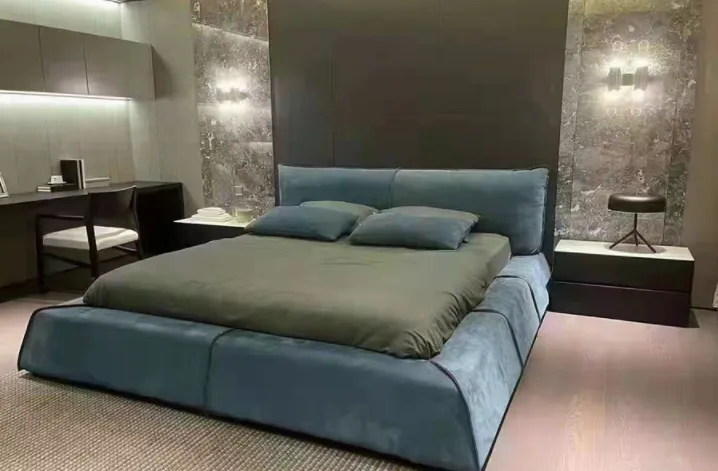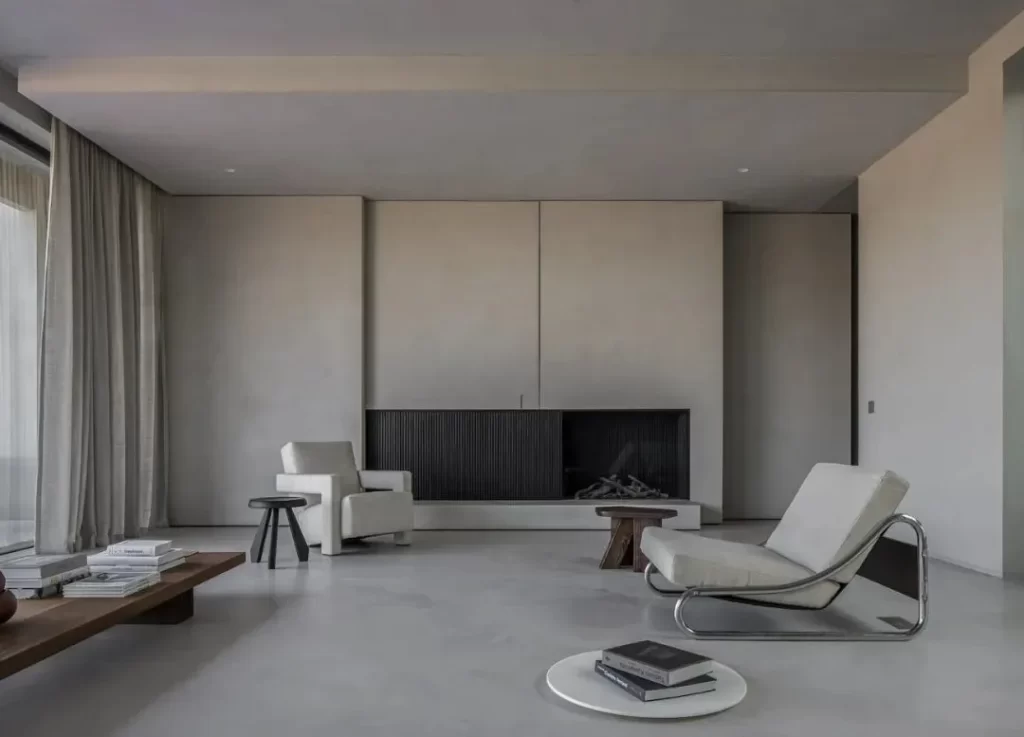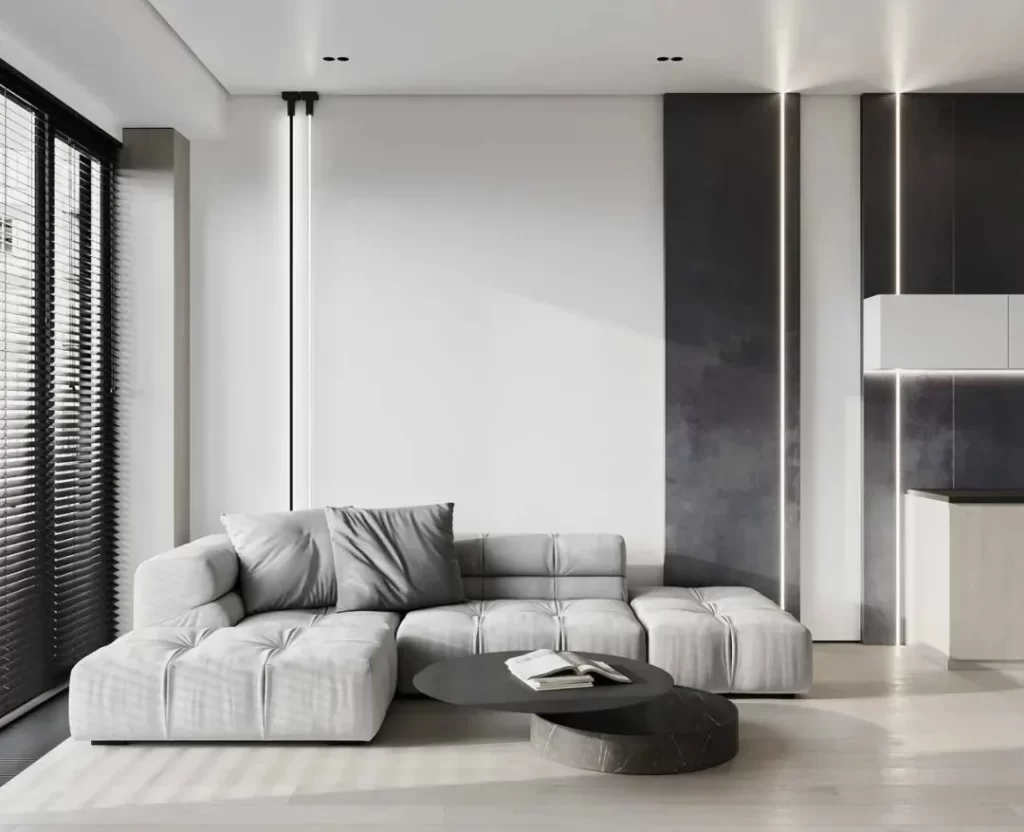
Mixing and matching bedroom furniture can be a daunting task, especially if you’re not sure where to start. However, with a little bit of planning and creativity, you can create a cohesive and stylish bedroom that reflects your personal style. In this article, we’ll take a look at some tips and tricks for mixing and matching bedroom furniture.

1. Identify your personal style
The first step in mixing and matching bedroom furniture is to identify your personal style. This will help you determine which pieces of furniture will work best in your space. For example, if you prefer traditional style, you might prepare for a wooden bed frame with matching bedside tables and a dresser. On the other hand, if you prefer modern or minimalist design, you might choose a platform bed with simple, clean lines and pair it with a sleek, white dresser and a couple of floating bedside shelves.
2. Stick to a color scheme
When mixing and matching bedroom furniture, it’s important to stick to a color scheme. This will help tie the different pieces of furniture together and create a cohesive look. You can choose to go for a monochromatic look by selecting furniture in varying shades of the same color, or you can opt for a complementary color scheme by selecting furniture in colors that are opposite each other on the color wheel. For example, you might pair a navy blue bedframe with a mustard yellow dresser and bedside tables.
3. Mix and match materials
Mixing and matching different materials is a great way to add visual interest to your bedroom. For example, you might pair a wooden bedframe with a metal bedside table, or a leather headboard with a fabric armchair. Just make sure to choose materials that complement each other and don’t clash.
4. Vary the heights
When mixing and matching bedroom furniture, it’s important to vary the heights of the different pieces. This will help create visual interest and prevent your bedroom from looking too flat. For example, you might pair a low platform bed with a tall bookcase, or a high headboard with a low bedside table.
5. Don’t be afraid to mix styles
Mixing styles can add a lot of character and personality to your bedroom. For example, you might pair a vintage dresser with a modern bedframe, or a bohemian rug with a mid-century armchair. Just make sure to choose pieces that complement each other and don’t clash.

6. Stick to a theme
If you’re struggling to mix and match bedroom furniture, you might consider sticking to a theme. For example, you might create a beachy vibe by pairing a wooden bedframe with nautical-themed bedding and seaside-inspired artwork. Or, you might create a cozy cabin feel by pairing a log bedframe with rustic bedding and woodsy accents.
7. Use accent pieces
Accent pieces are a great way to tie different pieces of furniture together and create a cohesive look. For example, you might add a few decorative pillows that feature colors or patterns found elsewhere in your bedroom, or hang artwork that complements the colors and styles of your furniture.
8. Consider function
When mixing and matching bedroom furniture, it’s important to consider function as well as style. For example, you might opt for a bedside table with drawers to provide additional storage, or choose a bedframe with built-in storage to save space in your room. Just make sure that the pieces you choose are functional as well as stylish.
9. Experiment
Finally, don’t be afraid to experiment when mixing and matching bedroom furniture. Try different combinations and see what works best for your space and your personal style. You might be surprised at how a seemingly mismatched combination of furniture can come together to create a beautiful and unique bedroom.













